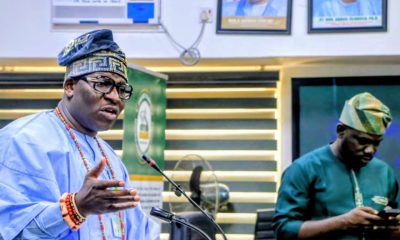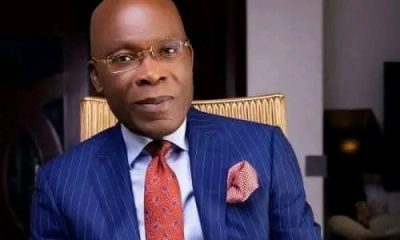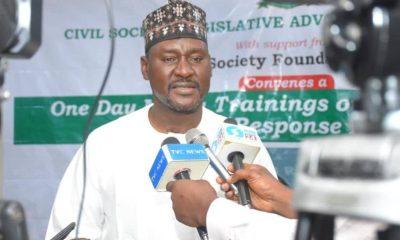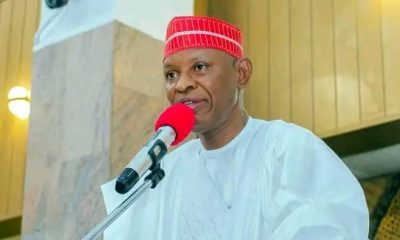News
Buhari’s Presidency: A Story of High Hopes and Waning Confidence – CISLAC
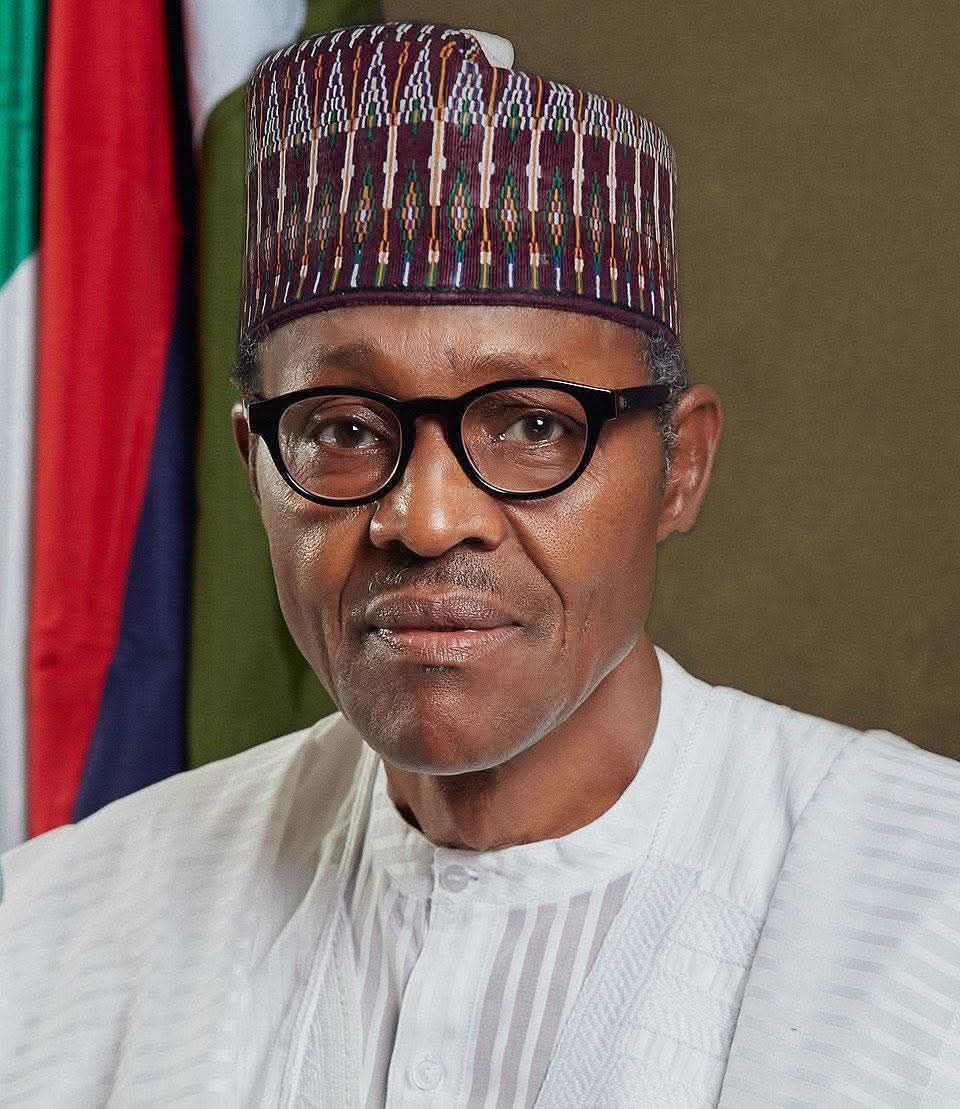
By Abdullahi Alhassan, Kaduna
The Civil Society Legislative Advocacy Centre (CISLAC) has extended its condolences on the passing of former Nigerian President Muhammadu Buhari, describing his legacy as one marked by early discipline, public engagement, and valuable lessons for future leadership in the country.
In a statement issued on Sunday, Comrade Auwal Musa Rafsanjani, Executive Director of CISLAC and Head of Transparency International Nigeria, expressed deep sympathy over the former president’s death and offered prayers for his eternal rest.
“May his soul rest in peace. Nigerians will particularly remember him for his early leadership as a military head of state, during which he launched the War Against Indiscipline (WAI),” Rafsanjani said.
He highlighted that the WAI initiative fostered a sense of civic responsibility, discipline, and patriotism among citizens. “During that time, people began to observe greater order, coming to work on time, queuing properly at public places, and displaying the national flag in offices. National symbols were respected, and a stronger sense of civic duty was instilled,” he recalled.
Rafsanjani also noted that Buhari’s military administration attracted criticism over human rights concerns. This remained a point of reflection even as he returned to power in a democratic capacity years later.
Buhari was elected as a civilian president in 2015 after multiple attempts, enjoying broad support both domestically and internationally. According to CISLAC, this raised high hopes that his presidency would address pressing issues such as insecurity, corruption, and unemployment.
“Expectations were high when he assumed office, and many believed he would drive major reforms,” Rafsanjani noted. “However, over time, especially during his second term, public confidence waned, with many Nigerians feeling that anticipated changes were not fully realized.”
While acknowledging Buhari’s sincere intentions and international credibility, Rafsanjani pointed to internal political challenges that may have constrained his administration’s effectiveness.
“He came into office with noble goals and enjoyed public trust in the beginning. However, governance is complex, and political dynamics—particularly the influence of certain figures within his administration—posed significant challenges,” he said. “This offers an important lesson. Leadership must go beyond vision and must include effective execution, transparency, and accountability.”
Rafsanjani further remarked on Buhari’s wide popularity and how his leadership helped shape national discourse around anti-corruption, security, and civic discipline. He noted that civil society organizations, including CISLAC, engaged actively with his administration on governance, institutional reform, and accountability.
He concluded by encouraging current and future Nigerian leaders to place national interest above all else and to strive for legacies that command respect both within and outside the country.
“May Allah grant him eternal rest. Ameen,” the statement concluded.

